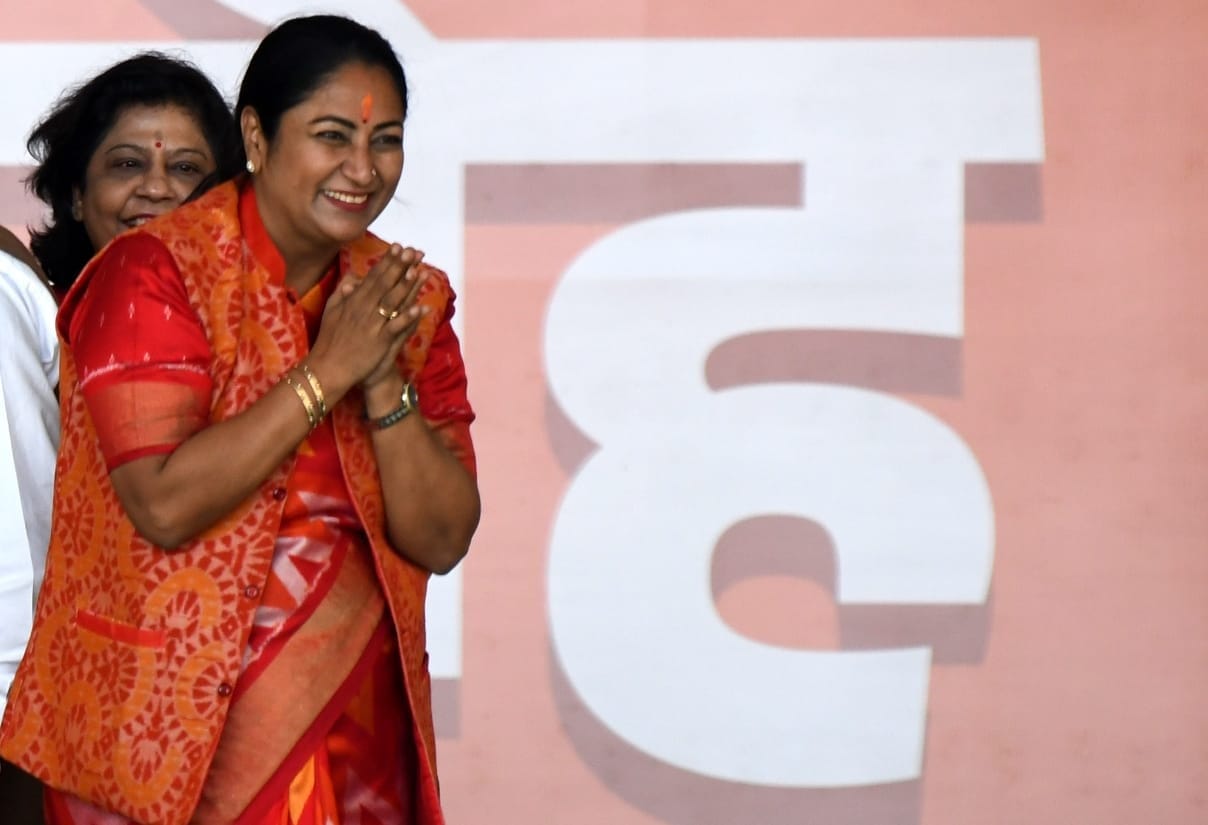 |
|
The political landscape of Delhi is currently embroiled in a heated exchange between the newly appointed Chief Minister Rekha Gupta, representing the BJP, and opposition parties, primarily the Aam Aadmi Party (AAP) and the Congress. The conflict centers around the BJP's fulfillment (or lack thereof) of campaign promises, specifically a monthly payment scheme for women. Atishi, a prominent AAP MLA, accused Gupta of breaking a key promise, labeling the new government's actions as deceitful. This accusation has ignited a fierce backlash from Gupta, who has vehemently defended her administration's actions and launched a counter-offensive against her political rivals.
Gupta's response was swift and forceful. She directly challenged the legitimacy of AAP and Congress criticisms, highlighting their own alleged shortcomings during their respective periods in power. She pointed to their long tenures, 15 years for Congress and 13 for AAP, as evidence of their inability to effectively address the needs of Delhi's citizens. Gupta's defense employs a strategic contrast, juxtaposing the alleged failures of the opposition with the swift actions taken by her government in addressing long-standing issues. She used the example of the Ayushman Bharat scheme, which she claims the AAP government stalled, arguing the BJP efficiently tackled and resolved the issue within the first day. This argument serves to portray the BJP as efficient and responsive in contrast to the perceived ineffectiveness of their predecessors.
The crux of the disagreement rests on the interpretation of promises made and the timeframe for their fulfillment. While Atishi criticized the immediate non-implementation of the Rs 2,500 monthly payment scheme as a broken promise, Gupta frames the delay as a strategic maneuver requiring further deliberation. She uses this opportunity to highlight the broader context of the political situation, attempting to reframe the narrative away from accusations of broken promises and toward a broader conversation about competence and governance. The BJP's prompt action on Ayushman Bharat is presented as evidence of their commitment to serving the people of Delhi, further reinforcing this strategic shift in narrative.
Gupta's rhetoric is marked by a strong defensive tone, bordering on aggressive. She directly questions the moral authority of the opposition parties to criticize her government, emphasizing their own past failures. Her phrase, 'Dilli ki chinta ab hum karenge,' which translates to 'Now we will worry about Delhi,' encapsulates her commitment and underscores her confidence in the BJP's ability to govern effectively. This bold declaration serves to solidify her position as the leader responsible for Delhi's future and dismisses the opposition's concerns as irrelevant.
Beyond the immediate political maneuvering, this clash reveals deeper fault lines in Delhi's political landscape. It reflects a broader struggle for political dominance and public trust. The conflicting narratives surrounding the Rs 2,500 scheme and the Ayushman Bharat scheme highlight the challenges of implementing large-scale welfare programs and the complexities of navigating the political processes involved. Furthermore, the public's perception of these events will likely play a crucial role in determining the outcome of future elections and shaping public opinion on the governance of Delhi.
The intense rhetoric and counter-accusations underscore the highly charged political atmosphere in Delhi. Each party is actively attempting to control the narrative and sway public opinion. The success or failure of this strategic communication will ultimately be determined by the electorate. The coming months will be crucial in determining whether the BJP can successfully overcome the initial criticism and establish itself as a credible alternative to the established political forces. The public will be observing closely to gauge the performance of the new government and determine whether their promises are indeed fulfilled, solidifying the narrative of either capable leadership or broken promises.
